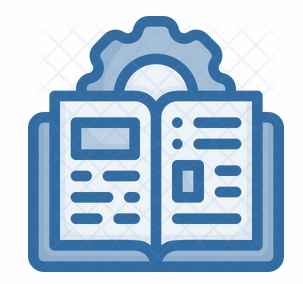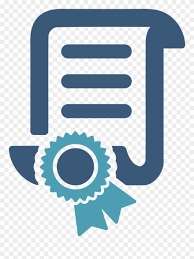
GATI
Gender Advancement for Transforming Institutions
Supported by WISE-KIRAN Division, Department of Science and Technology (DST)

Supported by WISE-KIRAN Division, Department of Science and Technology (DST)

Selection
Thirty Pilot Institutions have been selected after careful scrutiny of 148 Expression of Interest Applications (EoI) received from institutes of higher education and research across India after an open advertised call to apply. Baseline Study of Pilot Applicants includes detailed analysis of applications received. A judicious selection criteria was used to constitute a representative pilot group of institutions
Commitment
The Heads of Institution of all selected Pilot Institutions have become signatories to the GATI Charter of Gender Equity and are thereby committed to upholding the principles in letter and in spirit. They will personally lead the GATI initiative and work towards ushering transformative and sustainable change
GATI Framework
The GATI Framework and Guidance Handbook (Hyperlink) developed by the GATI PI team provides details on how to undertake the GATI Charter journey, covering every aspect. It includes the GATI Model of Self-assessment. Gender Equity Indicator Framework along with the comprehensive criterion-based GATI Self-Assessment Application. Additionally, it includes the suggested GATI action research methodology, the Gender Equity Key Indicators and Peer Review Criteria. Guidance is provided on how to approach each aspect of the self-assessment.
GSAT Formation
The first step is to constitute the GATI Self-assessment Team (GSAT). Heads of all Pilot institutions have at the outset appointed the GATI Nodal Person. GATI Principal Investigator has been also been appointed to manage the DST GATI Project Grant given to all pilot institutions. GSAT has to be a representative group that draws stakeholders from all segments at all levels.
GATI Orientation, Guidance and Support
GATI brings together a large number of stakeholders and creates a peer network of participating institutions. The GATI PI team will provide requisite orientation, training, support and guidance at every stage as pilot institutions work towards reaching the global best practices on gender equality. Six Athena Swan accredited UK institutions will partner with five GATI pilot institutions and share their experiences and resources as critical friends and discussants.
Data Collection
Institutions are expected to create a gender map of the institution looking at gender disaggregated quantitative multi-dimensional data along the academic pipe line. Additionally Data Timeline trends need to be examined to understand the changes in female representation over a period of last five years. GATI Data Templates will facilitate the process. GATI is not about gender statistics alone. Most criteria necessitate collection of survey and feedback based qualitative evidence.
Analysis
GATI Is designed as an instrument for organizational change. It follows the well-established methodology of experiential learning and action research. Self-assessment will use data-based evidence to unravel the issues that need to be addressed. It will entail detailed analysis and connecting the dots to create a bigger picture of the gender climate and organizational culture.
Reflection
Pilot Institutions are expected to follow the action research methodology of Analyze-Reflect-Act for each sub-criteria. This entails collecting data and evidence to establish the nature of problems, analyze evidence to diagnose, reflect on what needs to be done to resolve the problems and create specific and relevant action plans.
SMART Action Plans
GATI is an action oriented assessment that will lead creation of SMART (Specific, Measurable, Achievable, Relevant and Timebound) Action Plans emanating from the evidence-based and reflective self-assessment process. Implementation of these short- and long-duration plans is expected to usher transformative and sustainable change.
GATI Application
The GATI Self-Assessment Application will provide an in-depth study along seven criteria. All segments seek examination of quantitative and qualitative data, exposition of existing policies, practices, processes and procedures; analysis; reflection; and specific and relevant action plans. Data templates have been provided to facilitate the process. Guidance is provided for each sub-criteria to assist analysis of data trends, identification of barriers and impediments to gender equity, reflection and relevant action. Criteria-wise Gender Equity Key Indicators and Peer Review Criteria are provide the overarching understanding of expectations.
GATI Peer Review
The GATI Self-assessment Application will be evaluated by a duly constituted Peer Review Team in accordance with the Peer Review Criteria. Expert members will be chosen from within the GATI Pilot institutions and provided training to enable them to serve as Peer Review Team members in subsequent cycles.
GATI Award
The Pilot Institutions will be granted GATI Accreditation GATI award on successful completion of the Self-Assessment process on the recommendations of the Peer Review Team.Copyright © 2022 | GATI Resources.in | All rights Reserved | Powered by Mobiquel